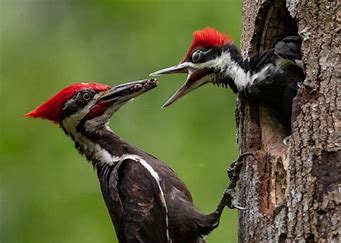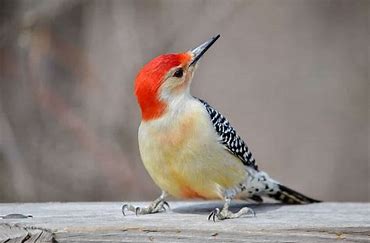Audubon Wildlife Refuges

Audubon maintains nearly 9,500 acres of natural habitat across Rhode Island and nearby Massachusetts. Many of our refuges are open to the public and have groomed trails for hiking and nature study.
By conserving these open spaces, Audubon Society of Rhode Island, along with its members and partners, is able to fulfill its mission of protecting the nature of Rhode Island.
Audubon’s Wildlife Refuge NetworkCaratunk Wildlife Refuge, Seekonk, MA
Claire D. McIntosh Wildlife Refuge, Bristol
Davis Memorial Wildlife Refuge, North Kingstown
Emilie Ruecker Wildlife Refuge, Tiverton
Fisherville Brook Wildlife Refuge, Exeter
Fort Nature Refuge, North Smithfield
George B. Parker Woodland Wildlife Refuge, Coventry
Lathrop Wildlife Refuge, Westerly
Lewis-Dickens Farm Wildlife Refuge, Block Island
Long Pond Woods, Hopkinton
Maxwell Mays Wildlife Refuge, Coventry
Powder Mill Ledges Wildlife Refuge, Smithfield
Touisset Marsh Wildlife, Warren
Waterman Pond Wildlife Refuge
Using the Trails: Refuge Guidelines
All Audubon Society of Rhode Island land is protected. Our public wildlife refuges are for everyone to enjoy. Please respect the natural habitats of Audubon’s refuges and avoid disturbing their inhabitants. Also, respect the rights of others when using the trails.
In order to ensure that these areas remain as healthy habitats, we ask you please to abide by these simple rules, enjoying the natural settings with quiet enthusiasm and a respectful sense of adventure. By conserving these open spaces, Audubon Society of Rhode Island, along with its members and partners, is able to fulfill its mission of protecting the nature of Rhode Island.
To accomplish this, we kindly request the following:
- Permitted (and encouraged!):
• Hiking on the trails
• Observing & learning about wildlife
• Photography
• Bird watching
• Enjoying the area’s natural ambiance and solitude
• Picnicking only at the designated areas at the Nature Center and Aquarium
Using the Trails: Refuge Guidelines
All Audubon Society of Rhode Island land is protected. Our public wildlife refuges are for everyone to enjoy. Please respect the natural habitats of Audubon’s refuges and avoid disturbing their inhabitants. Also, respect the rights of others when using the trails.
In order to ensure that these areas remain as healthy habitats, we ask you please to abide by these simple rules, enjoying the natural settings with quiet enthusiasm and a respectful sense of adventure. By conserving these open spaces, Audubon Society of Rhode Island, along with its members and partners, is able to fulfill its mission of protecting the nature of Rhode Island.
To accomplish this, we kindly request the following:
Permitted (and encouraged!:
• Hiking on the trails
• Observing & learning about wildlife
• Photography
• Bird watching
• Enjoying the area’s natural ambiance and solitude
• Picnicking only at the designated areas at the Nature Center and Aquarium
Not permitted:
• Dogs, horses and other pets
• Motorized vehicles and bicycles beyond the parking lot
• Hunting, fishing or trapping
• Picnicking (except in designated areas at the Nature Center and Aquarium)
• Camping
• Littering
• Alcoholic beverages and smoking
• Collecting plants or other natural objects
• Geo-caching or Letterboxing
• Jogging, running and excessive noise

Why can’t I bring my dog along?*
Dogs can be best friends, good companions and even part of the family, but dogs are prohibited on Audubon Wildlife Refuges for a number of reasons.
*Service dogs are welcome.
